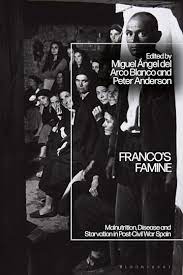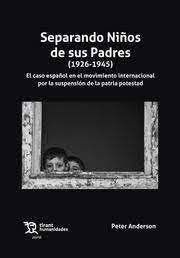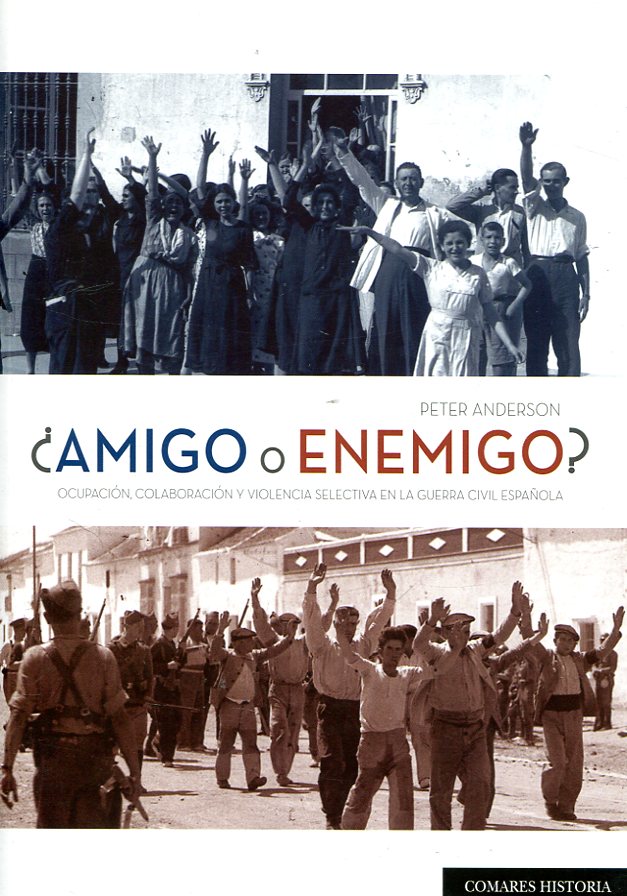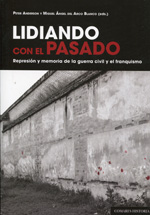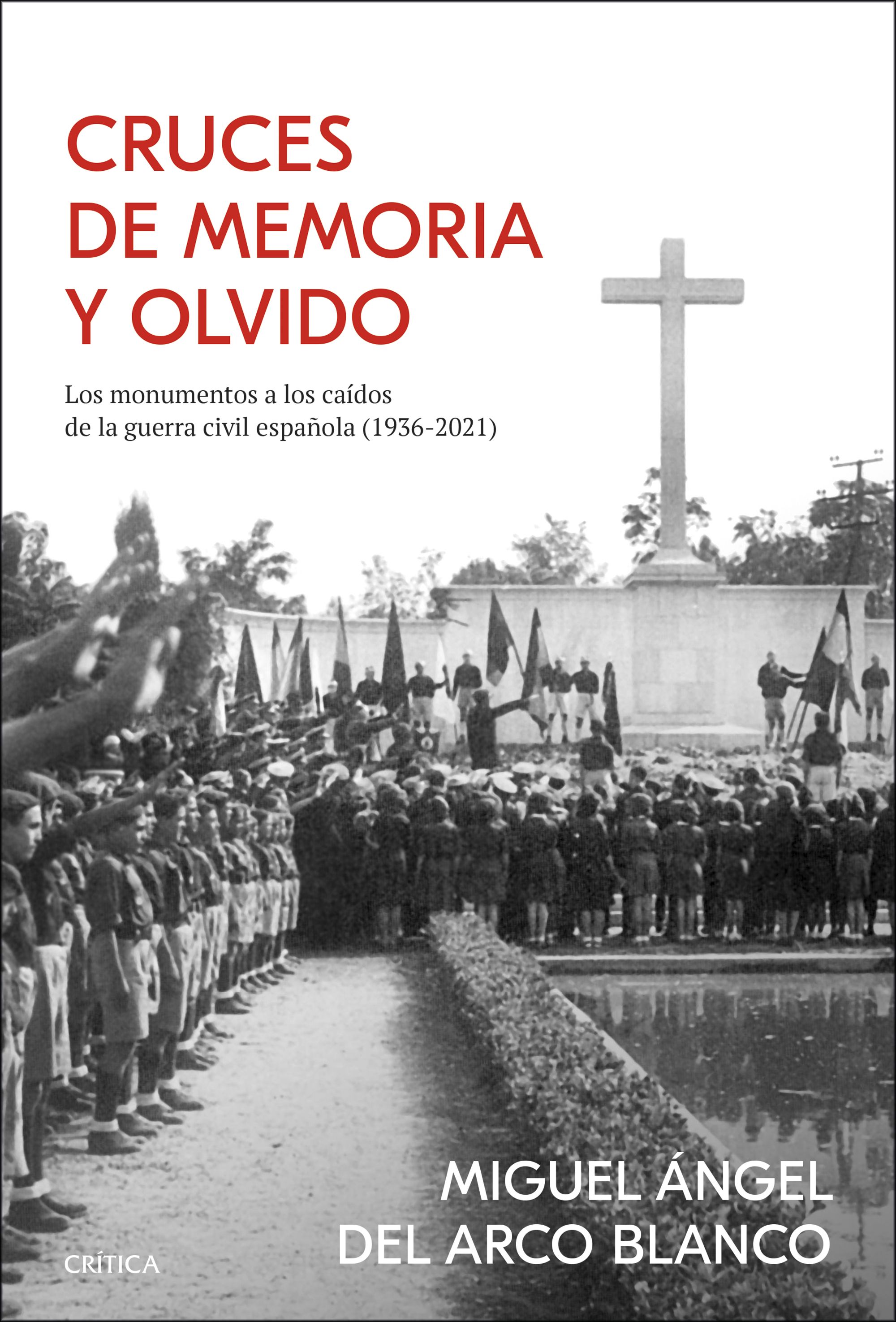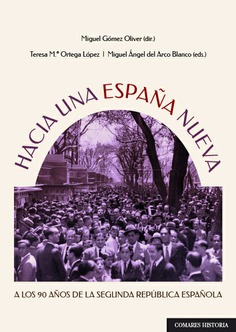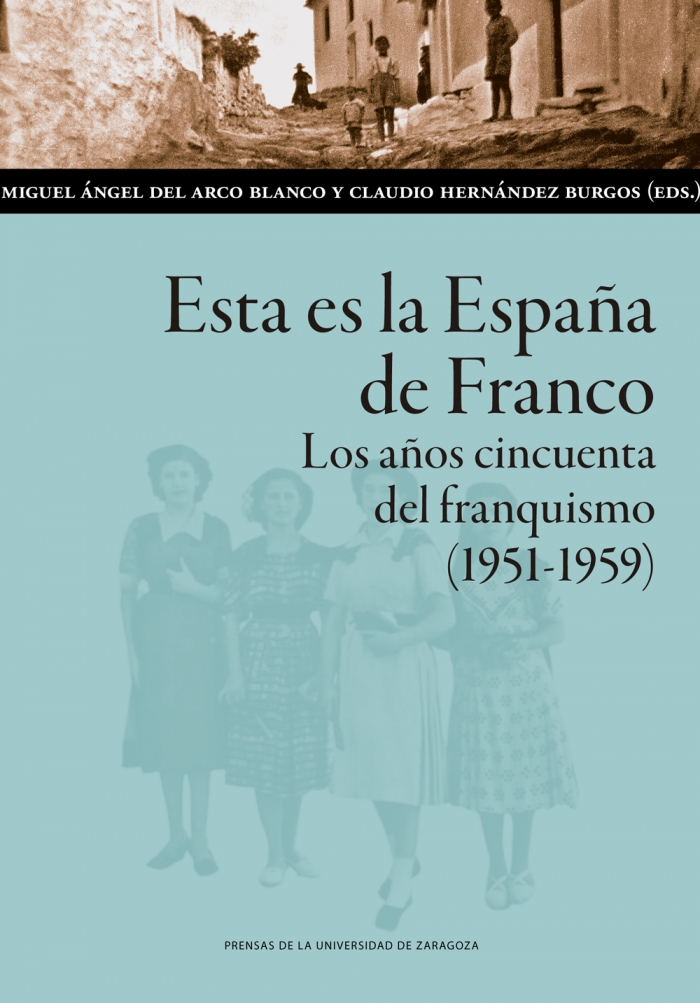Franco's famine
malnutrition, disease and starvation in post-civil war Spain
- ISBN: 9781350268340
- Editorial: Bloomsbury Academic
- Fecha de la edición: 2023
- Lugar de la edición: London. Reino Unido
- Encuadernación: Rústica
- Medidas: 24 cm
- Nº Pág.: 280
- Idiomas: Inglés

At least 200,000 people died from hunger or malnutrition-related diseases in Spain during the 1940s. This book provides a political explanation for the famine and brings together a broad range of academics based in Spain, the United Kingdom, the United States and Australia to achieve this. Topics include the political causes of the famine, the physical and social consequences, the ways Spaniards tried to survive, the regime's reluctance to accept international relief, the politics of cooking at a time of famine, and the memory of the famine. The volume challenges the silence and misrepresentation that still surround the famine. It reveals the reality of how people perished in Spain because the Francoist authorities instituted a policy of food self-sufficiency (or autarky): a system of price regulation which placed restrictions on transport as well as food sales. The contributors trace the massive decline in food production which followed, the hoarding which took place on an enormous scale and the vast and deeply iniquitous black market that subsequently flourished at a time when salaries plunged to 50% below their levels in 1936: all contributing factors in the large-scale atrocity explored fully here for the first time.
Introduction: Famine not Hunger? Miguel Ángel del Arco Blanco and Peter AndersonPart I. Famine and Malnutrition in Spain: Political and Socio-Economic Conditions1. The Famine that ‘Never Existed: Causes of the Spanish Famine, Miguel Ángel del Arco Blanco2. Agricultural Crisis and Food Crisis in Early Francoism: Hunger Seen through the Lens of Biophysics, Manuel González Molina, David Soto, Juan Infante and Antonio Herrera3. Tracing the Physical Consequences of Famine and Malnutrition in Franco’s Spain, José Miguel Martínez Carrión and Javier Puche GilPart II. Famine and Poverty and Daily Life4. Iniquitous Famine: Marginalized Mothers and Children, Peter Anderson5. When There Was Nothing. An Ethnography of the Years of Hunger in Post-War Extremadura: memory and Representation of Scarcity, David Conde Caballero, Lorenzo Mariano Juárez and Julián López García 6. ‘Pícaros de posguerra’. Turning to Crime to Survive Famine and Malnutrition in Early Francoism (1939-1952), Gloria Román RuizPart III. International Responses7. ‘Starving Spain’. International Humanitarian Responses to Spain’s Hunger Crisis, David BrydanPart IV. The Politics of Cooking8. The Production of Autarkic Subjectivities: Food Discourse in Franco’s Spain (1939-1959), Lara Anderson 9. A Recipe for Rationing: Women, Cooking and Scarcity During the Early-Franco Dictatorship, 1939-1947, Suzanne DunaiPart V. Memories of Malnutrition and Famine10. Remembering the Spanish Famine: Official Discourse and the Popular Memory of Hunger during Francoism, Claudio Hernández Burgos and Gloria Román

